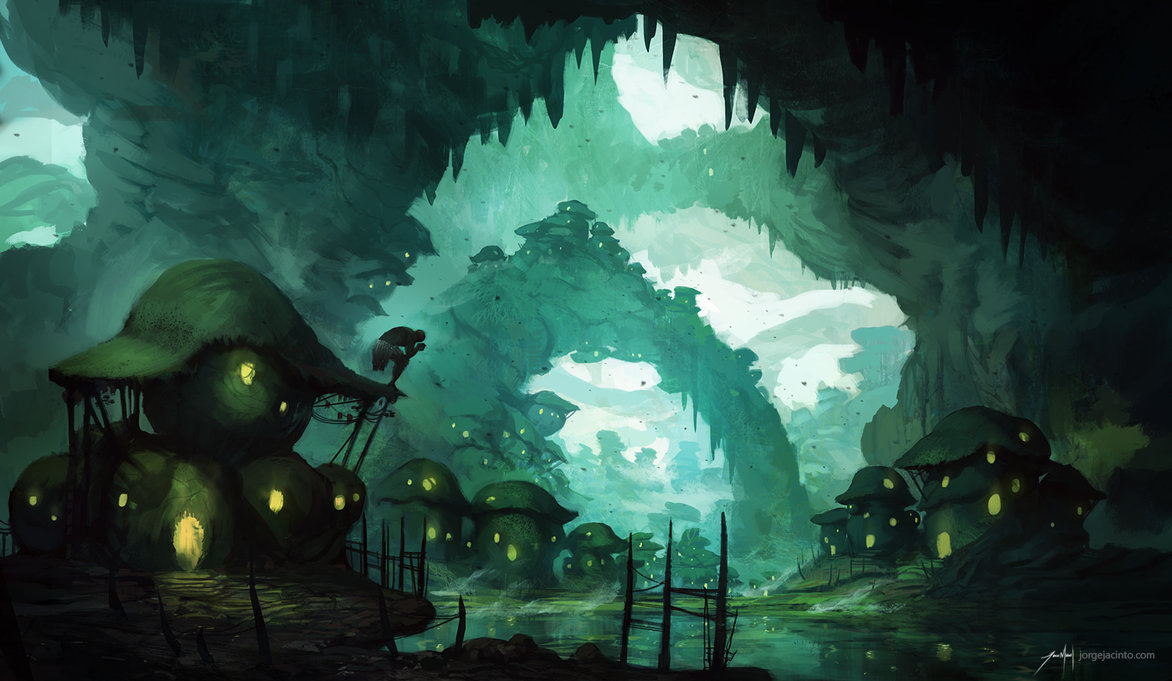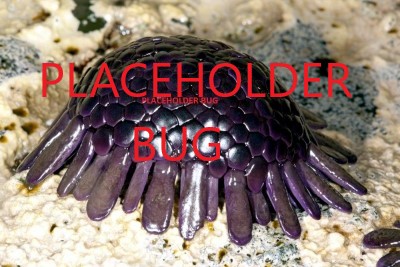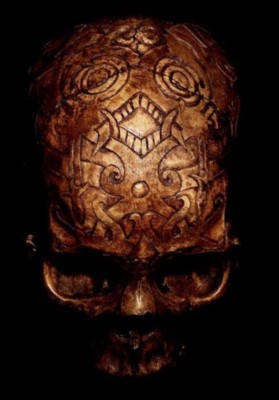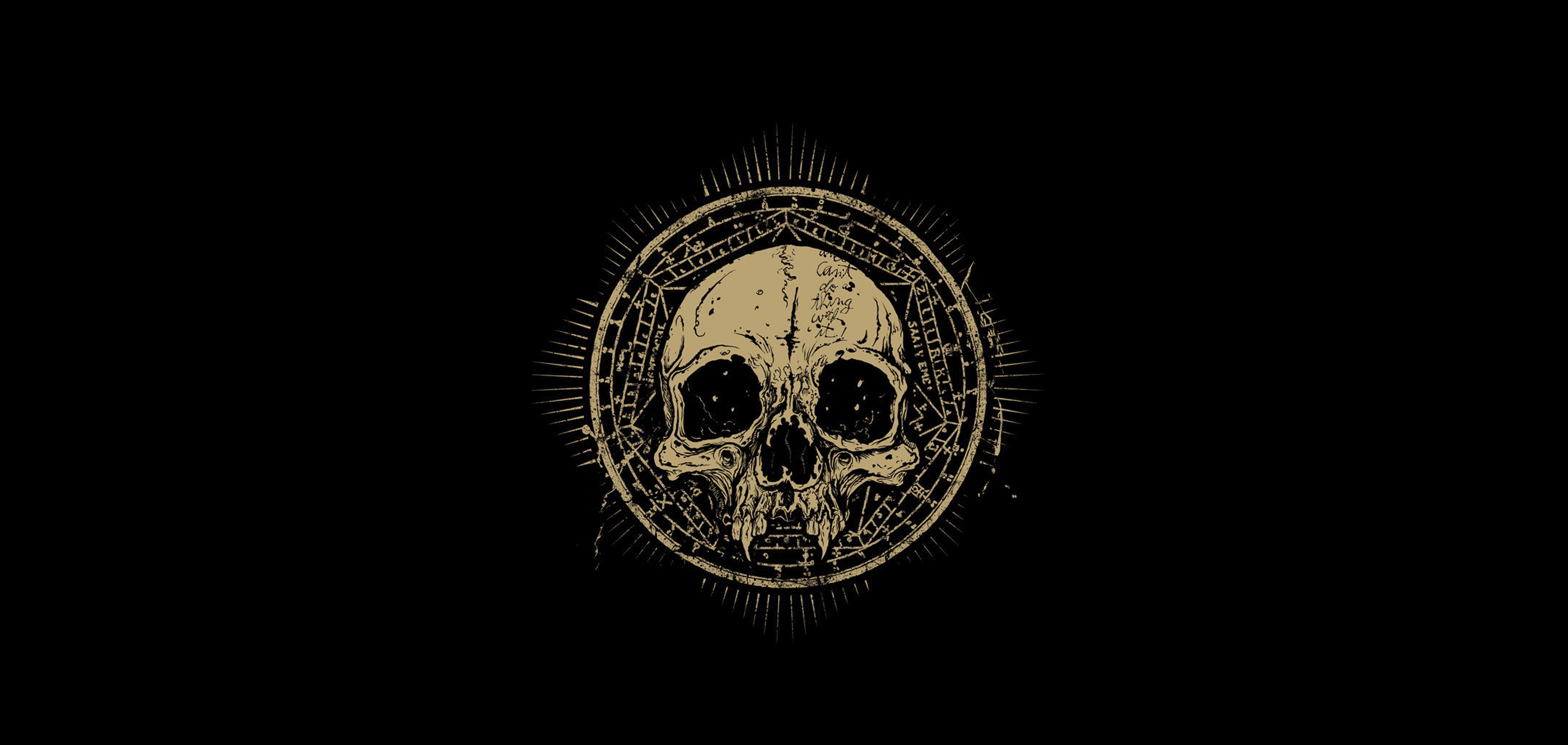The Cull
The drums call to war, to cull the wild before we are devoured. The drums call, and Tshoggan answers.
The Cull is the traditional purge of the Waspers in Khasanganay - dangerous, predatory creatures who swarm out of the pools in great migrations when their numbers grow too large. To the people of Tshoggan, the Cull is a rite of passage, a challenge of bravery, and a brutal necessity all at once. With the Cull, the entire city-state mobilizes for a single purpose: survival.
Calling the Cull
It's us or them, just as it has always been, and will always be.
The Cull is called according to omens read by court Wu, and ritual divination to see if one loom are grand spectacles of pageantry and sacrifice. The many spirits and gods of Tshoggan's occultists are called, and answers demanded, animals drowned in the spirit-brewing cauldrons, and fires burn throughout the night. If the omens are good, the rite ends in celebration - if they are not, the ritual ends with the Wu beating gongs, waking the city to the news that the Cull must be performed.
Others require something to distract the citizens or shore up morale, or even cull members of the city during lean, starving years.
In such cases, the Cull doubles as a hunting expedition and are always particularly desperate.
Sometimes, no matter what their masters say, the Wu see something in the cauldrons and spasms of entrails from sacrifices, and orders be damned. Such disobedience can be fatal if the threat was false, but has on occasion saved the city-state.
Once called, it can take weeks or months for the Cull to properly begin. During this time, the Wu work their magic to bless the coming battles and sanctify weapons, boats, warriors, and everything else. Weapons are forged, rations prepared, ships readied, and the city decorated with charms of good fortune.
City At War
We are all in danger, so we will all fight, or we'll all die.
When a Cull has been called, the city begins to prepare. Everyone, from children to elders, is called to participate in whatever manner they can. Even foreigners visiting the city can find themselves forcibly drafted, if they have no patron to shield them. A fervor comes over the city; families and sections of the city compete with one another to see who can contribute the most and greatest to the Cull. Discordant music, the banging of pots and pans or great gongs, ring out throughout the preparation, and Wu in every part of the city performs rites and sacrifices.
In good years, Magistrates often host workers in their part of the city, providing food and drink as they toil for the Cull.
To give nothing for a Cull is one of the greatest sins one can commit in Tshoggan, and those who do suffer an almost irreparable loss of face.
As the Cull draws near, this energy works itself into a fever pitch. To the beating of drums and light of hundreds of lanterns, the hunt begins.
The Hunt
A feast of honor to any who slays the most! Make sure you survive to collect!
Once it has begun, the Cull is disorganized - part hunt and part revel for the citizen of the city-state. Tshoggan travel in small to large groups, often forming gangs of relatives or neighbors, to roam Khasanganay for prey. Egged on by each other, they plunge deeper into the darkness to chase monsters into their lair and put them to blade and torch.
The wild beasts and monsters of Khasanganay are dangerous game, and are more than capable of turning hunters into their meals, even in great numbers.
Nobles, Warlords, and Magistrate lead more organized expeditions, usually centered around a core of veteran soldiers or expert hunters. To spur others on, they often call on games and competitions, awarding prizes to those who can bring back the most slain monsters, the largest beast, and so on. If a Cull goes well, these contests fan the flames brighter even as the riches promised grow. If one goes poorly, they take on an edge of panic, trying to prevent a rout by petition people's greed.
Whistle-Wailers are employed to flush out or disorient concentrations of wildlife from caverns or tunnels, and hunters use short pole-arms or crossbows to finish the job. Each section of the city, each Magistrate, even each family have their own way of hunting during a Cull, though most of it boils down to amateurish enthusiasm.
Family members and other hangers-on often follow hunting parties to carry supplies or collect their kills for later.
Aftermath
Damn. They didn't make it.
As the Cull concludes, hunters and their support return to the city. The dead are collected and counted, and the Shikei priests begin their work. Slain monsters are tallied and hung as trophies throughout the city, each and every section showing what they contributed. Magistrates make good on promises, awarding wealth and glory to those with the highest tally or most impressive kill, while shaming those whose results were lackluster. Each citizen with a reported kill is presented with an arm-band made from chitin, and veterans sometimes sort half a dozen of these.
Tshoggan celebrates and mourns during the first day after a Cull. Those who fell are honored, the beasts are butchered, and feasts are prepared. For days, Tshoggan is enraptured by an atmosphere of festivities, with great pots of Chnagahn and plentiful alcohol. Those who survive have spared their city from ruin, until the next Cull.
Tshoggan Bound by tradition and founded on old atrocities, Tshoggan is the only city-state in the Inner Shell region of Khasanganay. It is a place of superstition and faith, where people are measured by merit and wealth, and life hangs on a thread ever-extended by the Culls. Read More About Tshoggan
Origins
The Cull has its origins with the Xuat people, the original natives of Khasanganay. Though they never gathered in the same number as Tshoggan, it was custom for towns and warriors to lay feuds aside and do battle with the wild beasts of Khasanganay every now and then. Others did so in smaller ways - as rites of adulthood, hunting parties chasing glory, or other rituals. Almost every old tradition of the Xuat in one way or another sought to strike at the monsters of Khasanganay's pool-lands, before their numbers grew overwhelming. Read More About the XuatsProfiteering
War is always lucrative business for someone, and the Cull is no different. The Wu are in high demand across the city, as every frightened conscript wishes to buy charms and reassurance. Nobles and magistrates compete to see who can sponsor the greatest ritual spell to ensure success, and every forge in the city churn endlessly to make weapons, armors, and tools. Mercenaries flock to the city-state whenever a Cull is called, sometimes in such numbers that brawl breaks out between companies vying for the same contract.Some rare Culls are even called without real threat, when unscrupulous Wu sees a chance to create some profitable chaos.
Failures
Not all Culls go so well. Some groups go too far into Khasanganay and are overwhelmed, far from help. Other times, competition meant to spur on acts of valor instead lead the hunters to fight and quarrel with each other more than their intended prey. Others use the Cull is a time to right wrongs and exact vengeance. Out in the dark, murky pools, slights are pursued with just as much vigor as the Cull.Stealing the kills of other groups is a dishonorable, time-honored tradition employed by wretches every Cull.









What a terrifying tradition. I kind of like that sometimes it is used as a way to get rid of people when the population is too many for the amount of food available. Also yikes to the people who use the cull as a time to commit vengeance. Really interesting that everyone is expected to participate too.
Explore Etrea | March of 31 Tales
Yeah - either they find some beasts to kill and eat, or the number of mouths to feed goes down. But most of the time, it's more of a festival of hunting! :)
Creator of Araea, Megacorpolis, and many others.